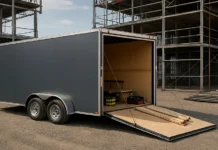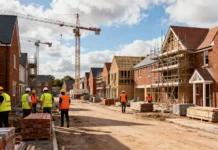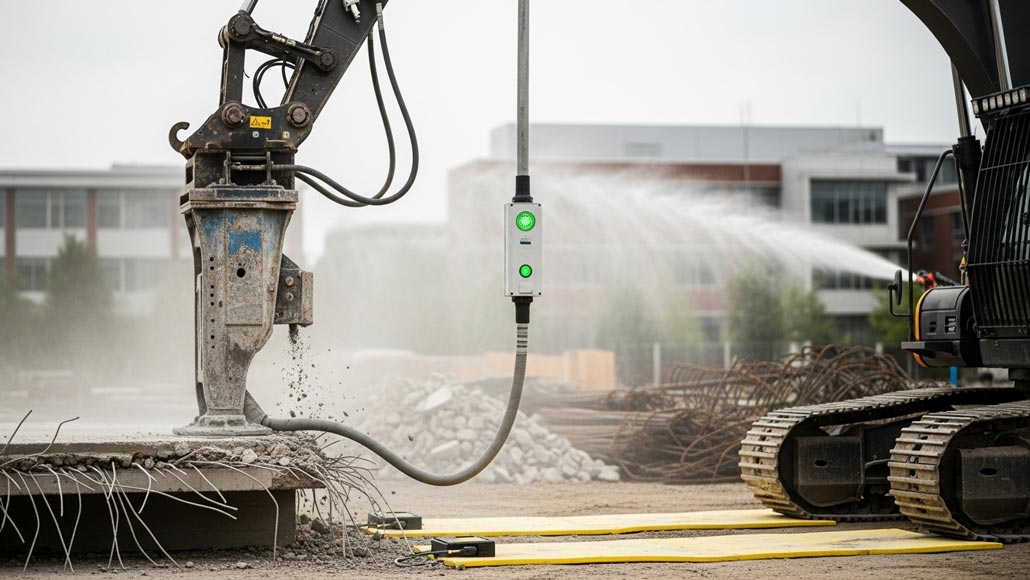Interestingly, a fleet of all-electric construction machines from Volvo CE as well as Volvo Trucks has successfully gone on to deliver a landmark project within the sustainable urban development by way of powering the first fully electric deconstruction site in the world, based in Germany’s Erlangen, in collaboration with Siemens as well as Metzner Recycling.
The initiative, which happens to be a part of the €500 million Technology Campus development of Siemens, marks an important step when it comes to advancing sustainable urban transformation along with circular construction practices. In partnership with Metzner Recycling, the demolition specialists, Volvo CE rolled out a fully electric fleet, which included the compact, mid-size, and grid-connected construction machines so as to deliver high-performance demolition all across a 25,000 cubic meter site.
Electric trucks from Volvo Trucks went ahead and supported the material transport, helping with fully emission-free operations right from selective gutting to concrete crushing and materials processing as well as transport.
The project goes on to mark the existence of a first fully electric deconstruction site, which is one of its kind, and goes on to serve as a very important proof of concept that deconstruction can very well be carried out more sustainably in today’s times with the right technology, partners, and of course, ambition. It roots out the dependence on fossil fuels, prominently slashes the CO₂ emissions, eradicates the harmful tailpipe pollutants, and at the same time reduces the noise effects on the urban environments.
Volvo CE and its zero-emission deconstruction leadership
According to Head of Market Area Central Europe with Volvo CE, Therese Schmitz-Hillebrecht, their transformation is no longer a vision but now a reality, as they don’t just develop electric construction machines, but they also accompany their partners on their path pertaining to an emission-free future. The fact that companies such as Metzner and Siemens are joining them on this path is indeed a very promising sign.
As well as deconstruction tasks, electric machines went ahead to sort as well as process almost 12,800 tons of construction waste, getting 96% recycled into raw materials for future use, thereby helping with the move towards circular materials management.
Beyond the technical execution, this initiative goes on to reflect a new model in terms of cross-sector collaboration, which happens to be between the OEMs, real estate stakeholders, contractors, and local energy providers, therefore highlighting the vital role of this collaboration when it comes to speeding up the transformation towards a much more sustainable construction practice.
The Head of Sustainability with Siemens Real Estate, Christian Franz, remarked that at Siemens Real Estate, they happen to be committed to pushing boundaries pertaining to sustainable construction and demolition. This sort of groundbreaking electric deconstruction project happens to boast of an impressive 96% recycling rate and indeed is a testament to their bent to attain incredible excellence in sustainability. By way of a strong collaboration along with innovative thinking, the team has indeed gone on to achieve exceptional outcomes that directly happen to support the ambitious sustainability objectives of their company. This project goes on to showcase as to how partnerships, along with determination, can create a major impact and at the same time also help in shaping a more sustainable real estate sector.
Transitioning towards a scalable blueprint for tomorrow’s cities
As cities go on to face mounting regulatory as well as environmental pressures, this project happens to demonstrate that quiet, clean as well as circular deconstruction is indeed an achievable option in today’s times.
The Managing Director of Metzner Recycling, Michael Metzner, remarked that the fact is that they have now taken the first prominent step on an all-electric, low-emission dismantling site, which is indeed a technical benchmark and, of course, a massive success for them, the Metzner team, and their clients. Electric equipment could also unleash the urban projects that are at present held back due to noise as well as pollution challenges.
It is well to be noted that this project goes on to set a robust precedent when it comes to the deconstruction industry by way of demonstrating as to what is achievable when circularity, electrification, and collaboration come together.































